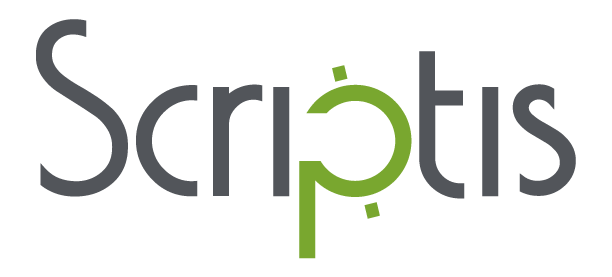5 questions for your English-French translation provider
5 questions for your English-French translation provider
If your organization is doing business in Quebec, either as a seller / distributor or as an employer, you will find many businesses offering English-French translation for Canadian markets. In general, language service providers (LSPs) provide the best options in terms of capacity and expertise. Before you settle on a provider for English-French business translation, ask these 5 questions.
Do you specialize in translation for my industry?
When it comes to translation, you should not choose a “jack of all trades and a master of none.” You want your translators to specialize in your industry. Translators for retail and e-commerce need to be able to write compelling product descriptions using the terms consumers understand best. Technical translators need as much familiarity with the content as the experts who wrote it. Canadian translator education often includes opportunities for specialization. In addition, many professional translators work in a particular industry before launching their specialized translation careers.
Do you maintain an in-house team?
Ask your prospective language service provider whether they employ translators directly or if they rely on contractors. Choose a partner with an in-house English-French translation team dedicated to your specific industry. Even if they bring in freelancers when that team is at full capacity, the team lead will have responsibility for final review and revision. With an in-house team, you can expect consistency over time, as your dedicated translators, reviewers, and project managers become familiar with your needs.
Do you have strong data security policies and processes?
Security breaches are increasing. All businesses, no matter the size, have become targets for ransomware, data theft, and malware. Your company may already institute strong data security policies, but if you need translations of sensitive or confidential content, you need to make sure your language partner practices data security as well. This requires solutions at the technical and at the human level.
Your language partner should have the right tools in place. As part of the certification, the language partner should offer a means for project-related file transfer. Exchanging source and target files via email puts both parties at risk. The best solution is a secure client portal. Your translation partner also should be training all employees to recognize email phishing attempts and other types of fraud. Ask if they require training (and refresher training).
One of the best indicators of a strong data security program is the ISO 27001:2013 certification. A language partner with certification has proven itself compliant with the highest international standards for data security.
Are you ISO 17100-compliant?
The ISO 17100 certification demonstrates that a language partner meets the highest international standards for translation quality. An ISO 17100 audit reviews a language partner’s screening and hiring processes, their use of industry-standard QA tools, and their adherence to the ISO-certified process for translation. The audit also examines a language partner’s procedures for handling and incorporating customer feedback.
Can you handle multimedia?
Translation for digital media requires technical as well as language skills. You might need subtitles, foreign language voiceovers, keyword translation and research, transcreation, or DTP/reformatting. Complex multimedia like e-learning modules, websites, and software or mobile app localization require higher levels of technical know-how. Make sure your translation partner can handle these tasks.
Quebec can be a very profitable market, and a reliable, accredited, experienced translation partner will help you make the most of your translation budget. Choose the right one!
